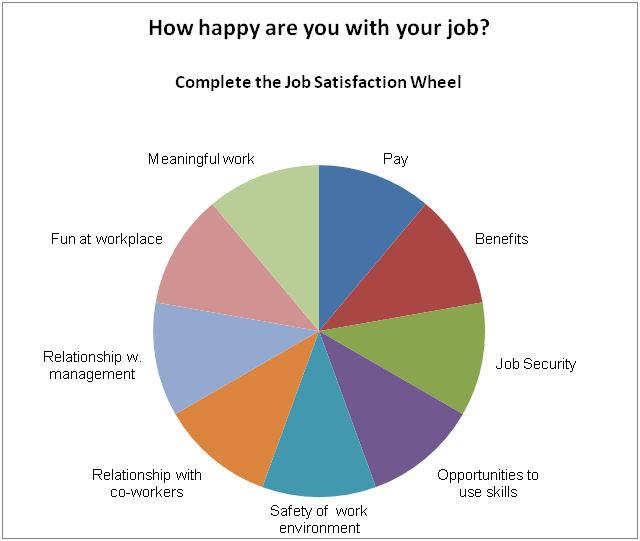US employees get on average per year 9 days paid leave and 6 paid holidays – despite the fact that the US is the only advanced economy in the world that has no paid leave law. European workers, for comparison, get in minimum 20 days of paid leave in addition to paid holidays. In my native country Austria, workers can get even up to six weeks of paid leave plus 13 holidays.
In the US, full time employees and those with a higher income are more likely to get paid vacation days than part-time and low wage workers. And despite having on average only nine days of paid vacation, roughly a third of employees with vacation benefits don’t take all of the vacation days they receive. Many believe that management perceives it negatively if they take vacation. A typical fear in these days of high unemployment is that workers are afraid that they may get replaced if they don’t give 110 % and therefore they rather forego on the well deserved time-off. About 25% of those, who do take vacation, stay connected with their company by checking work email or taking phone calls from the office while on vacation. About one third of employees admitted in an Expedia.com survey that they feel guilty about taking time off.
They shouldn’t – because it’s not only in their own interest if they use their vacation days to relax and refresh. There’s also a benefit to the employer: Workers who don’t get a break will become exhausted and burned-out over time. They are no longer able to perform to their full potential. They are also at risk for depression and other health issues, which may end up to cost the company more than the vacation days. On the other hand, workers who come back after a break with new energy and new perspectives and ideas will be more productive.
Therefore, talk to your employer about your vacation needs and how the company can even benefit from it. Plan ahead and talk to your co-workers about your vacation. Ask a co-worker to cover for you if necessary and offer the same favor in return. Final advice: don’t take work with you and avoid checking emails. It’s quite unlikely that your office will fall apart just because you take a few days off.
And with these lines, I say “Good bye” for two weeks. I will be on vacation in Austria!
Christiane is a Life and Career Coach. She also teaches psychology at a community college in Massachusetts. You can reach her via her website http://www.coach4u.net or email her.

